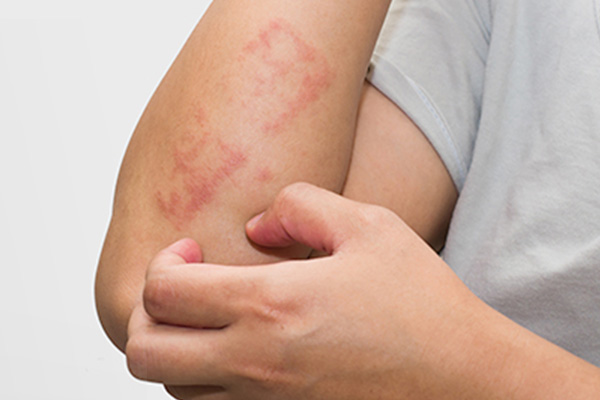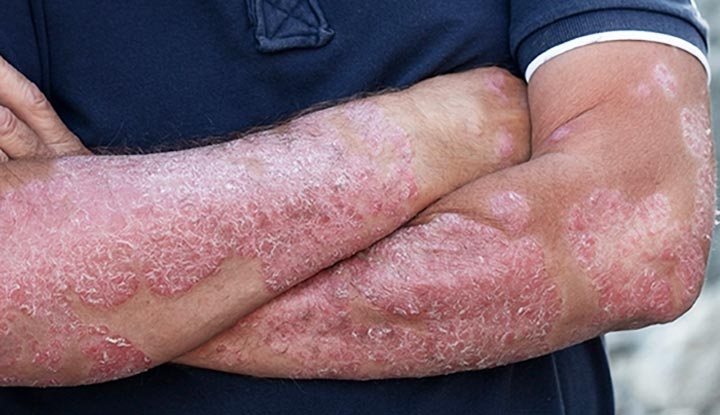Skin conditions can be confusing and difficult to differentiate, especially when symptoms overlap. Eczema, psoriasis, and sensitive skin are all common skin conditions that can cause redness, itching, and irritation.
In this blog post, you will be able to learn the difference between eczema, psoriasis, and sensitive skin, and know the treatment options for each condition.

Going Through Eczema
Eczema, also known as atopic dermatitis, is a chronic skin condition that affects hundreds of thousands of people in Singapore. It is characterized by red, itchy, and inflamed skin that can appear anywhere on the body.
Eczema can be triggered by a variety of factors, including stress, environmental factors, and genetics.
The best treatment for eczema in Singapore includes the use of topical creams, such as corticosteroids or calcineurin inhibitors, to reduce inflammation and itching. Moisturising regularly can also help prevent flare-ups. In severe cases, oral medications or light therapy may be necessary.
Managing Psoriasis
Psoriasis is a chronic autoimmune condition that affects tens of thousands of people in Singapore. It is characterized by thick, scaly patches of skin that are often red or silver in color. Psoriasis can appear anywhere on the body, but is most commonly found on the scalp, elbows, and knees.

Treatment for psoriasis includes the use of topical creams, such as corticosteroids, to reduce inflammation and itching. Phototherapy, or light therapy, can also be effective in reducing symptoms.
In severe cases, oral medications or biologic drugs may be necessary. Scalp psoriasis treatments in Singapore are also available. It could help relieve you from symptoms and make you feel better.
Treating Sensitive Skin
Sensitive skin is a common condition that can affect anyone. It is characterized by redness, itching, and irritation in response to certain products or environmental factors.
People with sensitive skin may experience symptoms after using harsh soaps, fragrances, or detergents. Itchy bumps on the skin may appear which would increase your feeling of discomfort.

Treatment for sensitive skin includes avoiding triggers and using gentle, fragrance-free products. Applying the best moisturizer for dry skin can also help prevent flare-ups.
The sensitive skin body wash is also necessary for addressing symptoms and can provide relief. Face wash for sensitive skin is also a necessary part of skin care routine. In severe cases, a dermatologist may recommend topical creams or prescription medications.
To sum up, eczema, psoriasis, and sensitive skin are all common skin conditions with distinct differences in symptoms and treatment options.
If you are experiencing any skin-related symptoms, it is important to consult with a dermatologist to determine the best course of treatment for your individual needs.
By following a proper treatment plan, you can manage your symptoms and improve the health of your skin.
